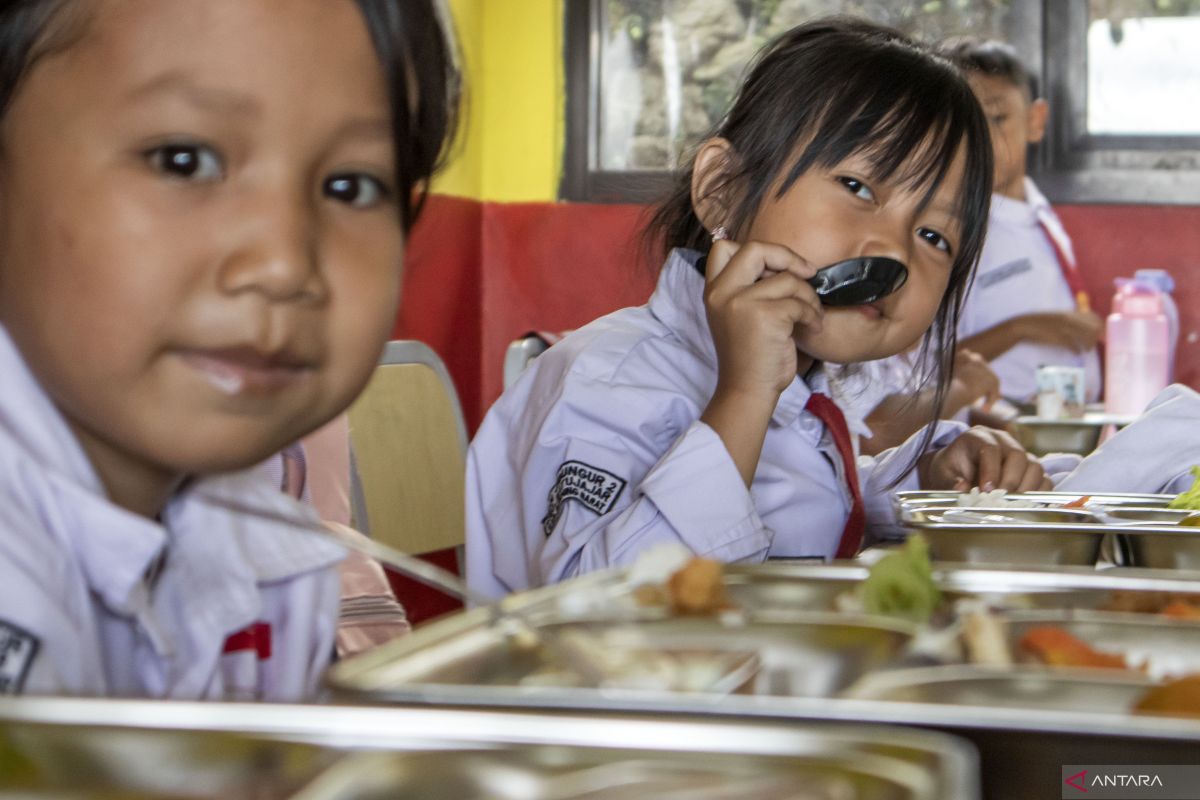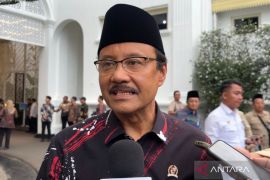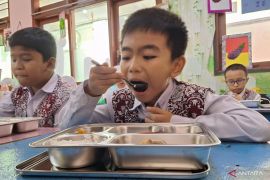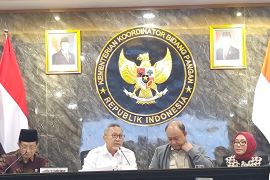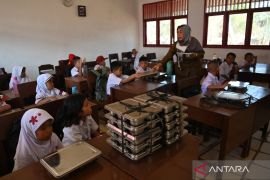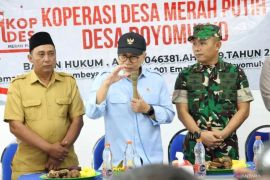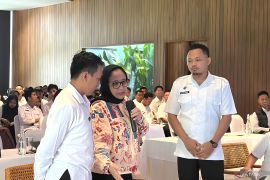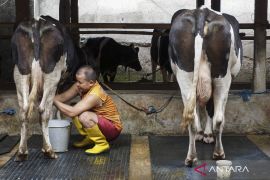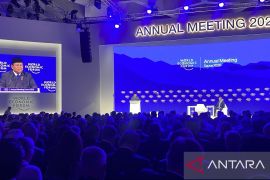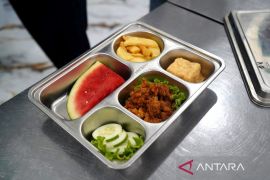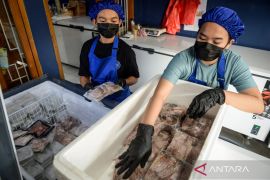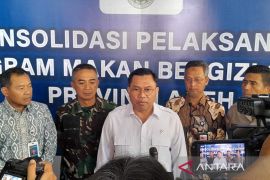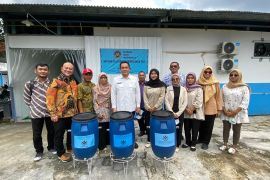"We place PNAE as a role model for our free lunch program that targets children and pregnant women in Indonesia," Prabowo said during a joint press conference with Brazilian President Luiz Inácio Lula da Silva in Brasília on July 9.
Under Prabowo’s leadership, the Indonesian government aims to provide free, nutritious meals to 83 million people, including children, toddlers, pregnant women, and breastfeeding mothers, by the end of this year.
The ambitious initiative has garnered international attention, with President Lula praising the MBG as one of the largest school feeding programs in the world. He pledged full support, stating it aligns with Brazil’s broader anti-poverty mission during its 2023 G20 presidency.
Brazil has also offered to facilitate cooperation with the Global Alliance Against Hunger and Poverty, a G20 initiative that provides financial and scientific assistance for programs addressing hunger and malnutrition. The alliance uses integrated data systems to prevent program overlap, match needs with resources, and deliver targeted support.
Lula emphasized that Brazil and Indonesia share common goals in tackling poverty and promoting sustainability.
Brazil’s PNAE: A proven model
Brazil has operated the PNAE for nearly 70 years, providing free meals to over 40 million students in 155,000 schools across its states. Despite its scale, the 2024 PNAE budget stands at just under US$1 billion — about a quarter of Indonesia’s Rp71 trillion (US$4.3 billion) MBG budget.
Internationally recognized for its impact on reducing child malnutrition, the PNAE has influenced programs in Argentina, Haiti, and India, among others.
A key strength of PNAE lies in its decentralized approach. While the federal government provides funding, implementation is handled by state and municipal governments. Schools manage food procurement, preparation, and distribution directly, shortening supply chains and reducing costs.
Federal Law No. 11.947/2009 mandates that at least 30 percent of PNAE funds be used to purchase food directly from family farmers or local cooperatives. For instance, in 2023, the state of Rondônia used US$4.3 million in federal funds to feed 363,000 students at more than 1,000 schools.
In Santarém, Pará, a dedicated team from the municipal family productivity office (Ciprof) scouts rural areas to identify crops and match them with school needs, helping 100 local family farmers join the PNAE supply chain.
Indonesia’s MBG: Scaling fast, creating jobs
Back home, the National Nutrition Agency (BGN) has rapidly expanded the MBG program through a network of kitchens — officially known as Nutrition Fulfillment Service Units (SPPGs). As of July, 1,873 kitchens are operating, serving meals to around 7 million people.
Initially targeting 1,994 kitchens by the end of the month, the government is now expected to surpass this goal, reaching 2,200 kitchens. The number is projected to jump to 8,000 by August — tripling the beneficiary count to 24 million.
Beyond nutrition, the program is creating employment, with nearly 100,000 workers hired for operations. Around 10,000 micro, small, and medium enterprises (MSMEs), cooperatives, and village-owned enterprises are engaged as suppliers.
Prabowo envisions MBG as a multi-sectoral force for national progress — enhancing education, boosting health, and stimulating the economy. Like PNAE, the MBG program emphasizes local food sourcing to strengthen food security and empower farmers.
While the MBG borrows heavily from Brazil’s PNAE, it also breaks new ground. Indonesia’s program is the first of its kind to extend beyond schoolchildren to include toddlers, pregnant women, and breastfeeding mothers.
With this expanded scope, MBG aims to tackle chronic malnutrition, increase school participation, reduce dropout rates, and foster a healthier, more competitive generation, while also stimulating local economies and ensuring long-term food security.
Related news: Indonesian police target 200 kitchens for free meals program
Related news: Free meals reach 7 mln Indonesians, more kitchens on the way
Translator: Andi F, Tegar Nurfitra
Editor: Anton Santoso
Copyright © ANTARA 2025
